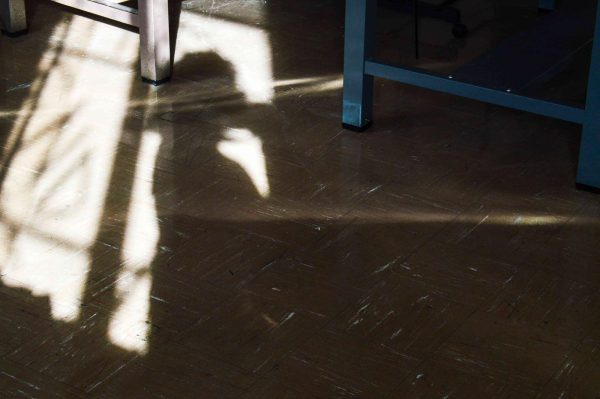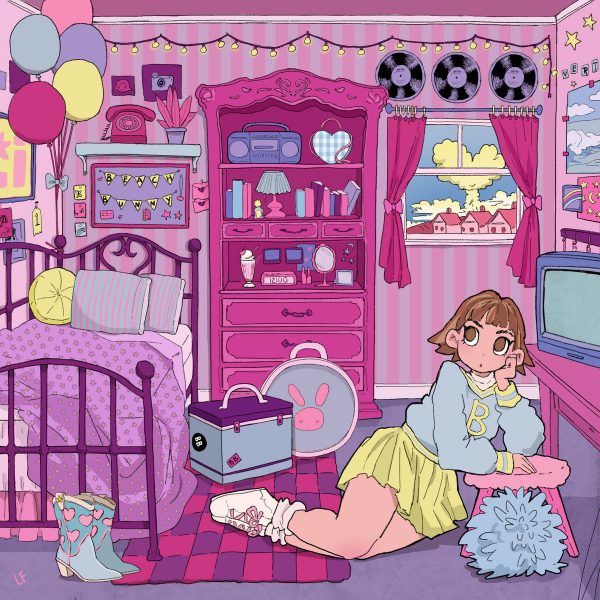Mental illnesses common among college students
We can all relate to one another when we feel overwhelmed or stressed. It can play a huge role in our paths to success.
Mental illnesses among college students are becoming more common than we would like to admit or believe.
According to the Association for University and College Counseling Center Directors survey in 2014, 95 percent of counseling center directors surveyed said the number of students with psychological problems is a growing concern in their center and on campus.
The most common psychological problems are depression, suicidal tendencies and anxiety.
A 2013 study found that 57 percent of women and 40 percent of men reported experiences of overwhelming anxiety. A combined 60 percent of men and women experienced depression.
College students become vulnerable to depression when they are overwhelmed with assignments and exams. They pull all-nighters and lose sleep so they have more time to do an assignment or study. Lack of sleep can contribute to the symptoms of depression. When students perform poorly in the classroom, they often think they are useless and a failure.The most dangerous outcome of depression is suicide. According to the American College Health Association, the suicide rate from ages 15-24 has tripled since the 1950s. Suicide is the second most common cause of death among college students. Another study found that 9.4 percent of students reported having serious thoughts of attempting suicide at least once in a 12-month span.
Seventy-five percent of college students will experience at least one anxiety episode before the age of 22. Anxiety is a trigger to developing mental illnesses.
Anxiety and stress occurs when we try to juggle class, work, social lives and family. We feel anxious when we think we will not have time to study or finish a paper by its due date. Maintaining a job while being a full-time student is stressful. We often think that our job is more important than schoolwork. When we blow off homework or studying, our grades suffer.
Anxiety and depression symptoms can be treated with psychotherapy and medication. Therapy would focus on steps to help you overcome your fears and stress. Although anxiety and depression mostly occur together, medication would only treat depression.
The use of relaxation techniques can be helpful. Try meditation or breathing exercises. Communicating with friends and family will help them understand what you are going through. Regular exercise or physical activity can help reduce symptoms.
Use every spare minute you have available and do homework or study. Do not wait until the night before an assignment is due to complete it. Definitely don’t wait until the last minute to study for an exam. It will overwhelm you and cause you to panic. Remember that sleep is your best friend.
If you show signs of any kind of mental illness, seek help. There are professionals willing to listen and help you throughout your college career.











